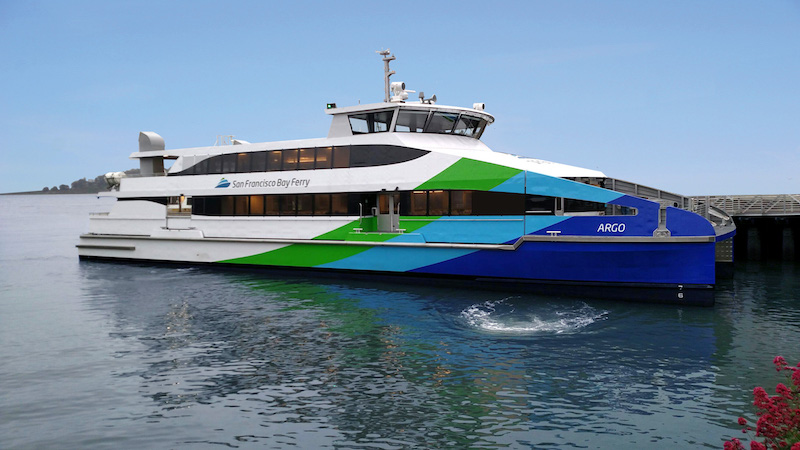David Krapf retired in 2024 after serving as editor of WorkBoat, the nation’s leading trade magazine for the inland and coastal waterways industry, since 1999. During his tenure, Krapf oversaw the editorial direction of the publication, shaping its reputation as an industry leader. Krapf's career in publishing began in 1987 as a reporter and editor for daily and weekly newspapers in the Houston area. He also served as the editor of a transportation industry daily in New Orleans before joining WorkBoat as a contributing editor in 1992. With a career spanning decades, Krapf has been covering the transportation industry since 1989. He holds a degree in business administration from the State University of New York at Oswego and studied journalism at the University of Houston.
